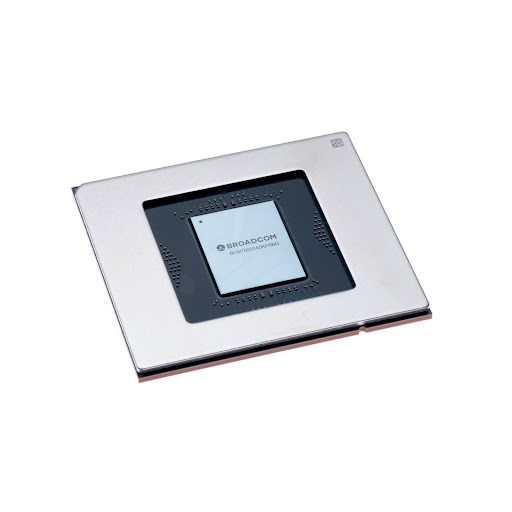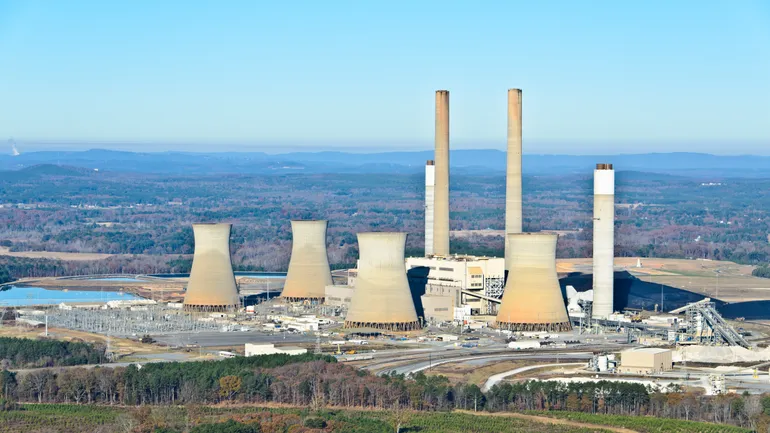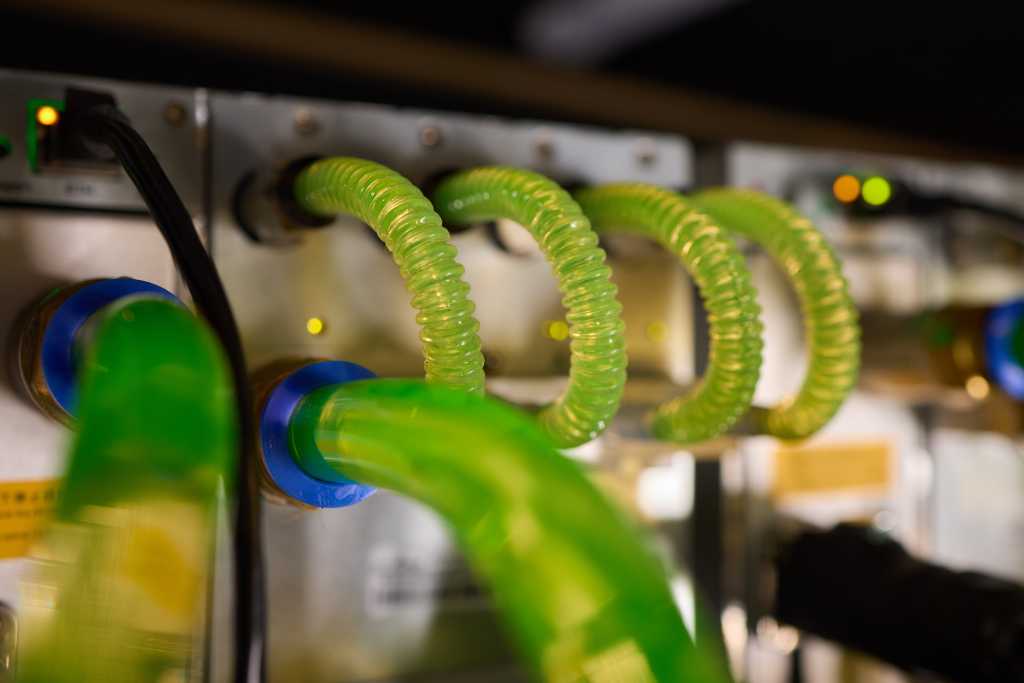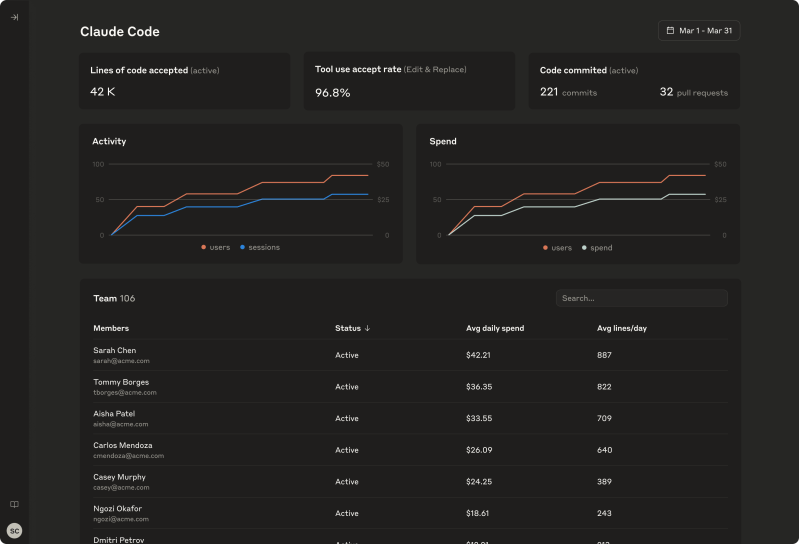
Global oil inventories have swollen at a rapid clip in recent months, but given the bulk of the increase has been in the Asia-Pacific, prices have been able to hold their ground for now, according to Morgan Stanley.
While total stockpiles surged by about 235 million barrels in the five months to the end of June, just 10% of that has been in the OECD, the region that’s “critical for price formation,” analysts including Martijn Rats said in a July 15 note, which posed the question “Is the oil market actually tight? Or not?”
Global benchmark Brent has gained ground so far this month, after advances in May and June, despite the drag from the US-led trade war and a major unwind of OPEC+ supply curbs. Although there are widespread expectations for a global glut in the coming quarters, crude’s near-term structure — with prompt prices above those further out — suggests current market tightness.
“What bridges this apparent contradiction is the uneven regional distribution of global inventory builds,” the analysts said. “Most of the inventory builds have taken place in locations that have less impact on prices, whilst inventories in key pricing centers have remained unusually tight – the builds have been in the Pacific, but Brent is priced in the Atlantic.”
Morgan Stanley cautioned that once the peak summer-demand season ends, a sizable surplus would be on the horizon again, although the bank still expected that only a “modest share” would show up in OECD stockpiles. These were seen rising by no more than 165 million barrels over 12 months, returning holdings to 2017 levels, when Brent fluctuated around $65 a barrel, the analysts said.
Brent price forecasts were retained at $65 a barrel in the fourth quarter, and $60 for each of the four quarters in 2026. Futures were last at $68.96.
Of the stockpile builds tallied in recent months, countries outside the OECD added about 100 million barrels, with China alone accounting for 48 million barrels of that figure, Morgan Stanley said. Elsewhere, the volume of so-called oil-on-water also increased, rising by 106 million barrels.
WHAT DO YOU THINK?
Generated by readers, the comments included herein do not reflect the views and opinions of Rigzone. All comments are subject to editorial review. Off-topic, inappropriate or insulting comments will be removed.





















